Turmeric Capsules ہلدی کیپسول
₨800
Overview
Turmeric is a common spice that comes from the root of Curcuma longa. It contains a chemical called curcumin, which might reduce swelling.Turmeric has a warm, bitter taste and is frequently used to flavor or color curry powders, mustards, butters, and cheeses. Because curcumin and other chemicals in turmeric might decrease swelling, it is often used to treat conditions that involve pain and inflammation.
Benefits
Turmeric is widely recognized for its anti-inflammatory benefits, aiding conditions such as rheumatoid arthritis, joint pain, and osteoarthritis. The active ingredient, curcumin, has been found to alleviate symptoms of depression by affecting neurotransmitter activity through the brain-derived neurotrophic factor. Chronic inflammation is linked to various health problems, and curcumin can help reduce the molecules that contribute to inflammation, although improving its bioavailability is necessary. Turmeric also supports heart health by lowering cholesterol and blood pressure, which can decrease the likelihood of heart disease and heart attacks. Furthermore, curcumin may boost serotonin and dopamine levels, enhancing mood and helping the body manage stress. For men, turmeric can be beneficial in treating erectile dysfunction, particularly when it stems from inflammation. Additionally, turmeric may slow the growth of cancer cells, particularly in the digestive tract, and help prevent certain cancers due to its anti-inflammatory properties.
Dosage
As a dietary supplements for adults take one capsule twice a day preferably after meal or as directed by physician.
Precautions
Turmeric is commonly used in small amounts as a spice in foods. But it’s likely unsafe to use larger amounts of turmeric as a medicine during pregnancy. It might cause a menstrual period or stimulate the uterus, putting the pregnancy at risk. Do not take medicinal amounts of turmeric if you are pregnant.
Side Effects
Turmeric is usually safe and doesn’t cause serious side effects. Some people can experience mild side effects such as stomach upset, nausea, dizziness, or diarrhea. These side effects are more common at higher doses.
Warning
Do not use if seal is broken.
Storage
Store in a cool, dry place
Keep out of sight and reach of children
Nutritional Value
100gm serving of turmeric powder contain:
Calories 354
Total Fat 10 g
Saturated fat 3.1 g
Cholesterol 0 mg
Sodium 38 mg
Potassium 2,525 mg
Total Carbohydrate 65 g
Dietary fiber 21 g
Sugar 3.2 g
Protein 8 g
Vitamin C 43%
Iron 230%
Vitamin B6 90%
Magnesium 48%
Calcium 18%
Vitamin D 0%
Cobalamin 0%


 Shop layouts
Shop layouts
 Food Supplements
Food Supplements
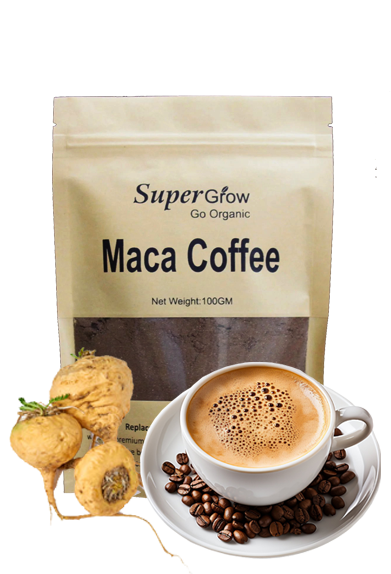
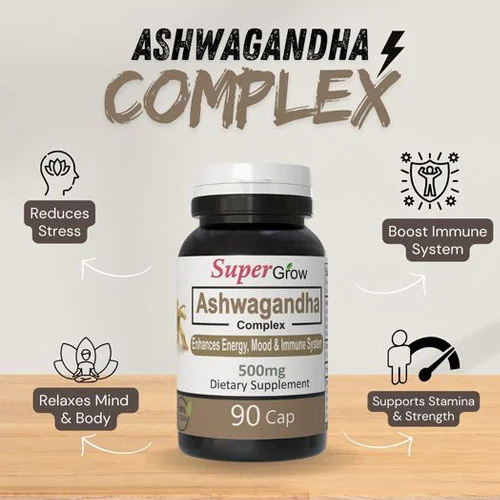


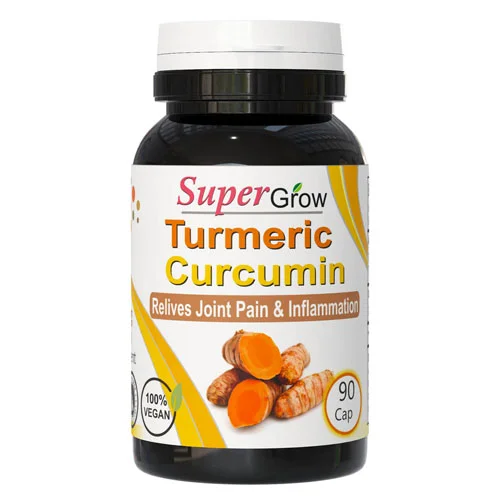
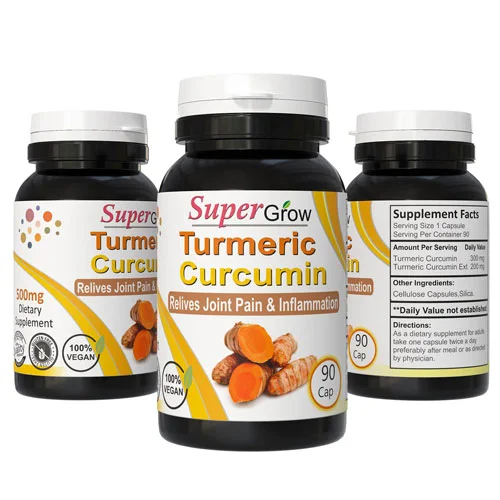
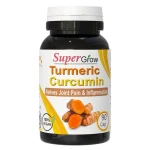
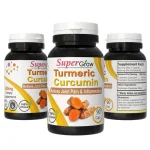
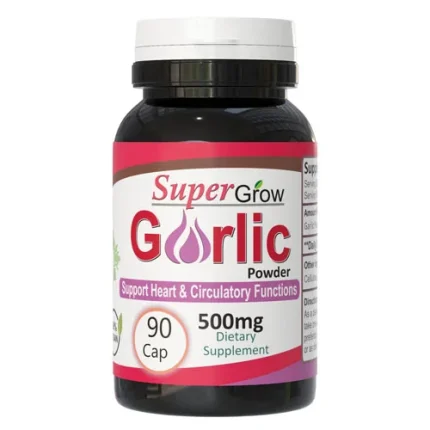
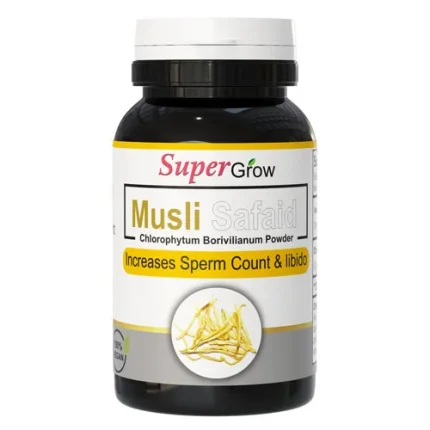
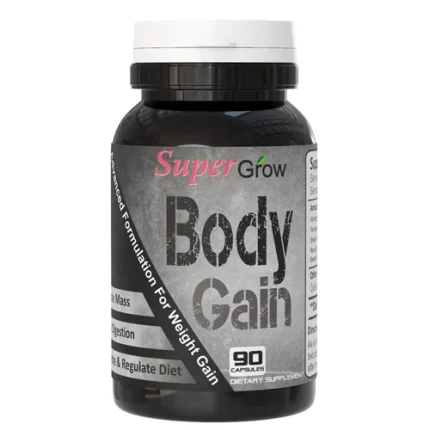
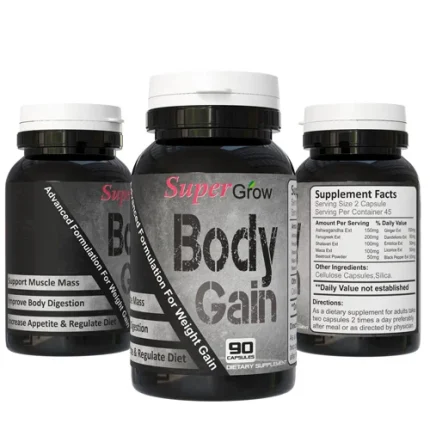
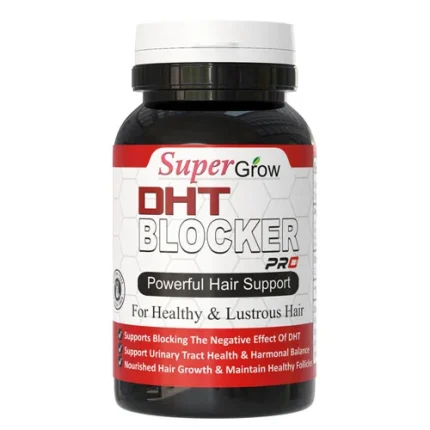
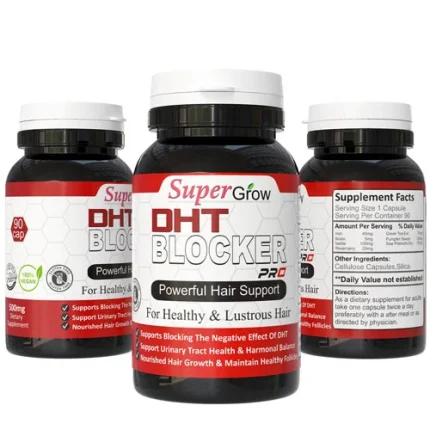
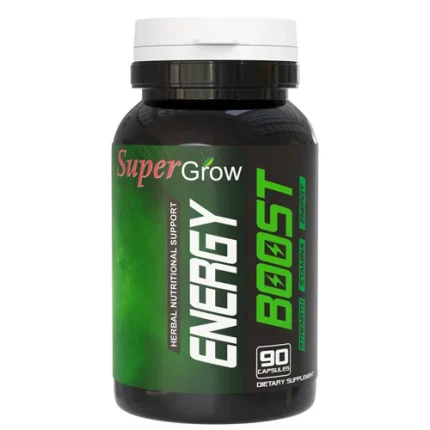

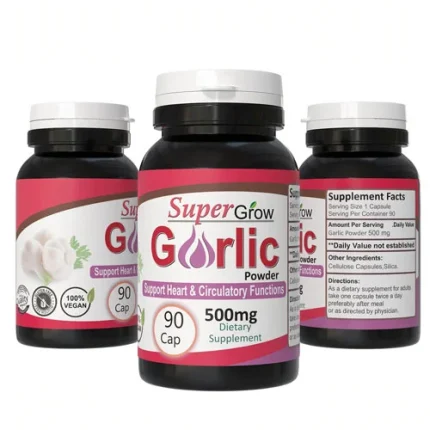
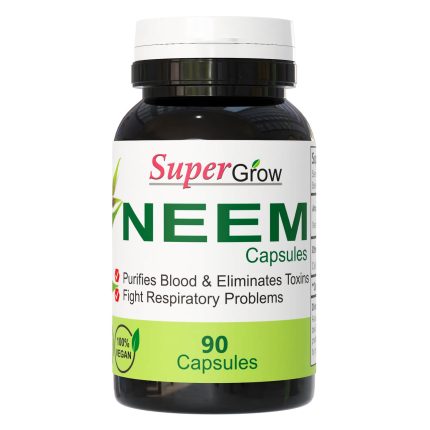
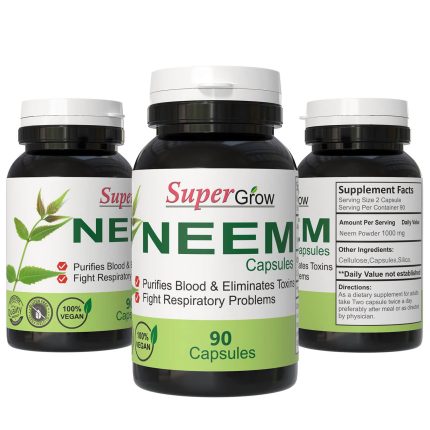

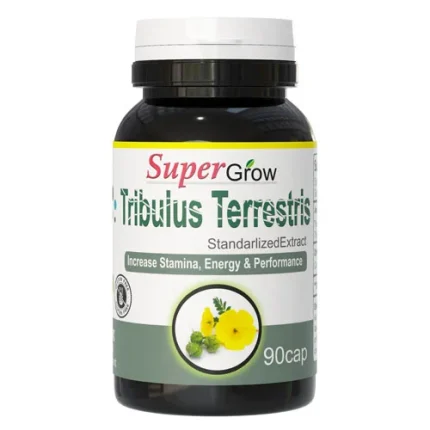
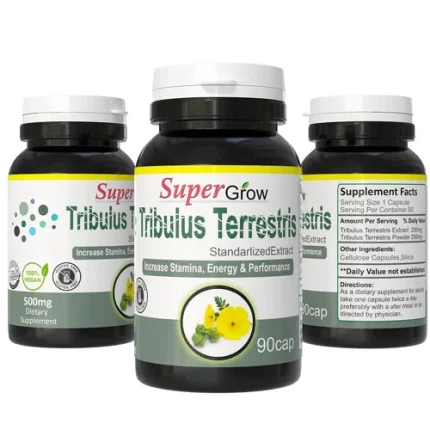
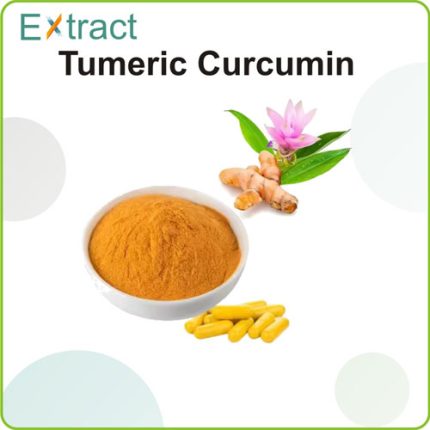

Reviews
There are no reviews yet.